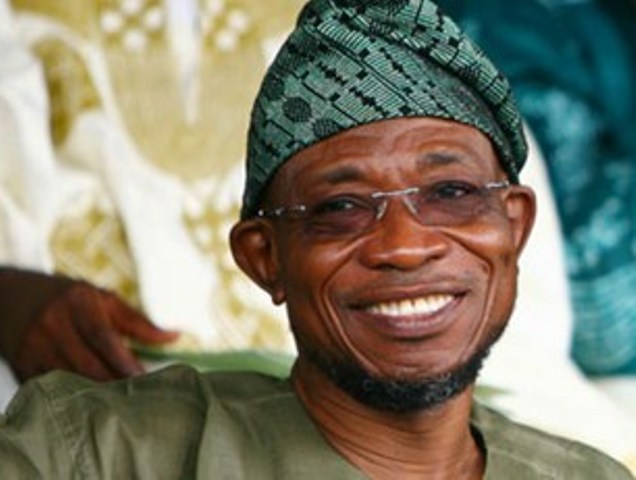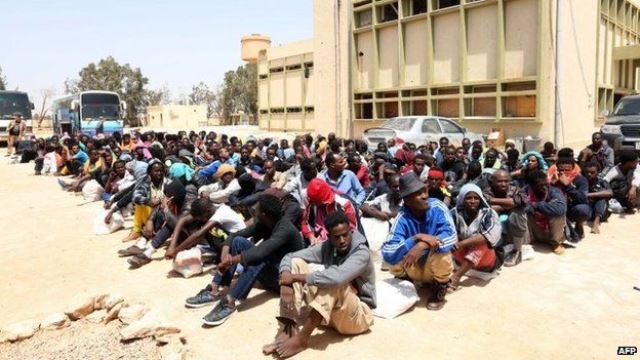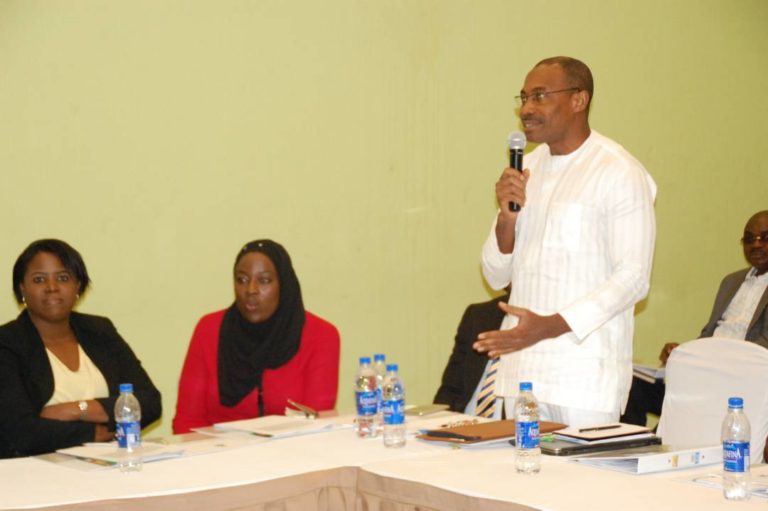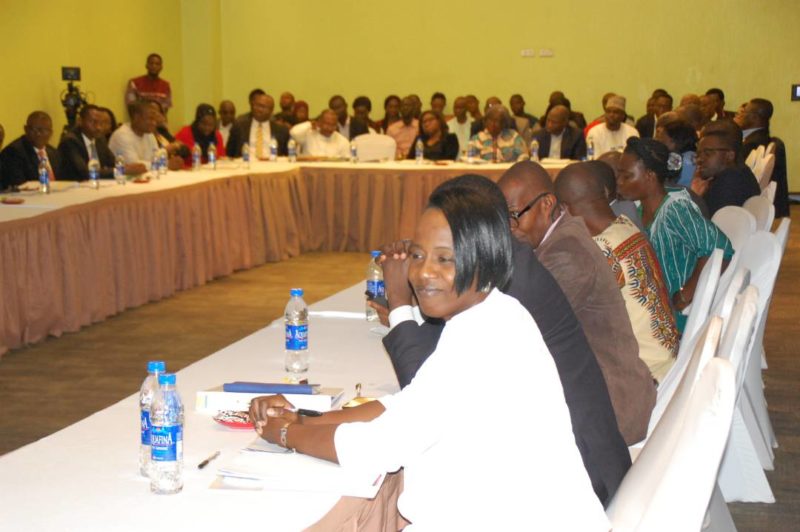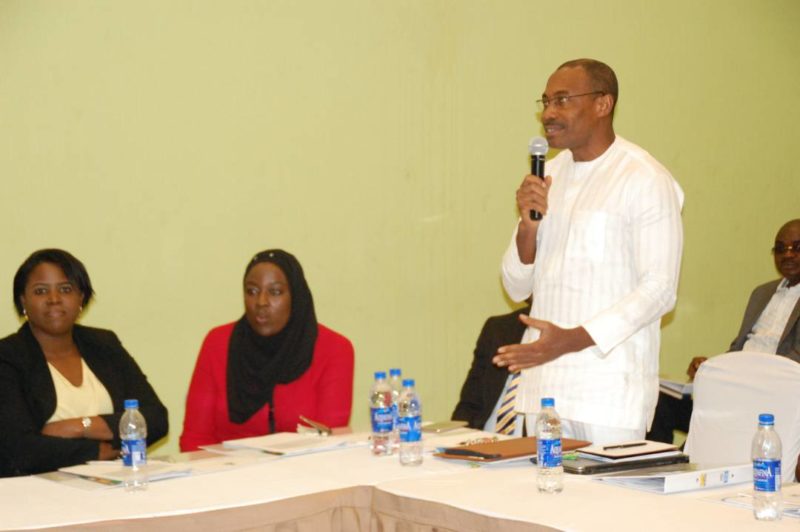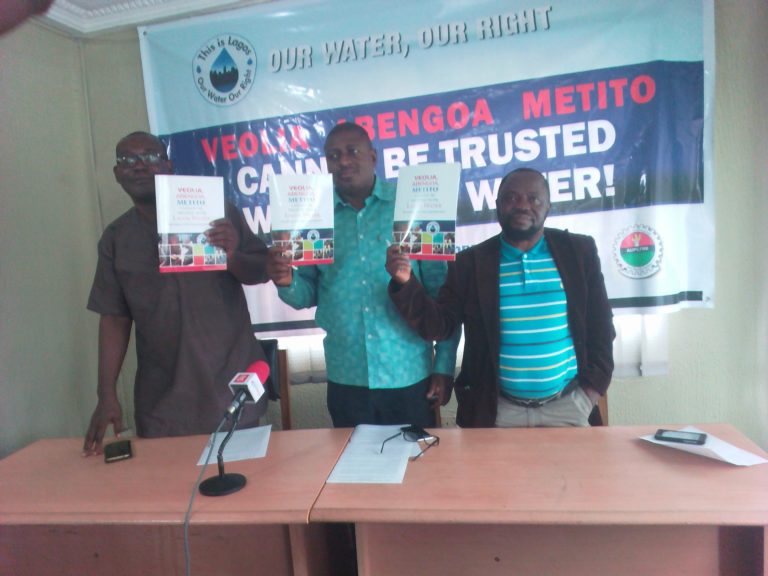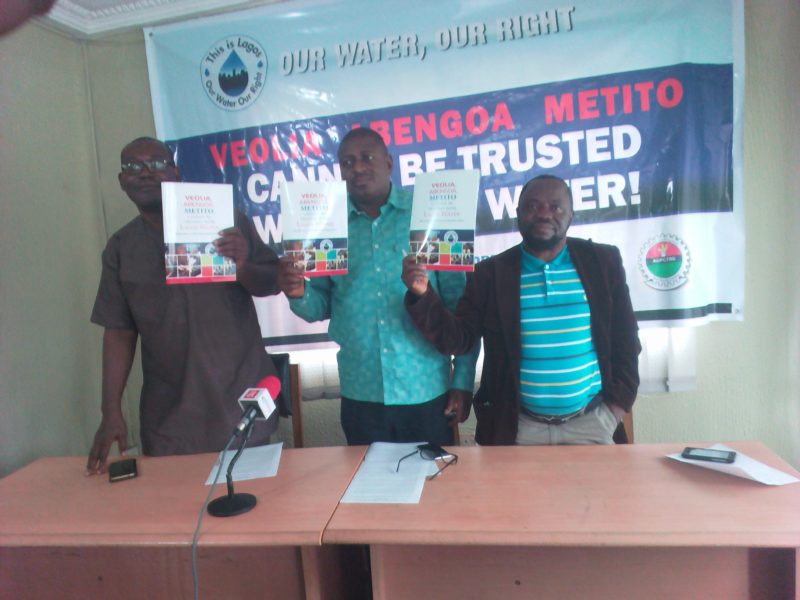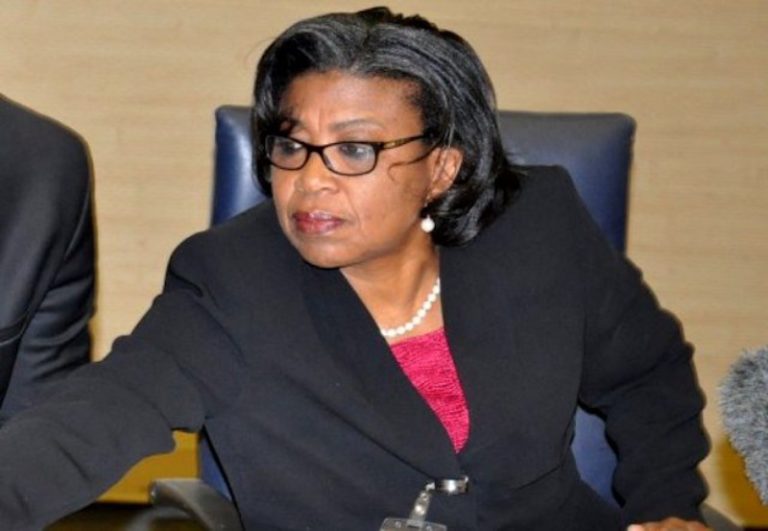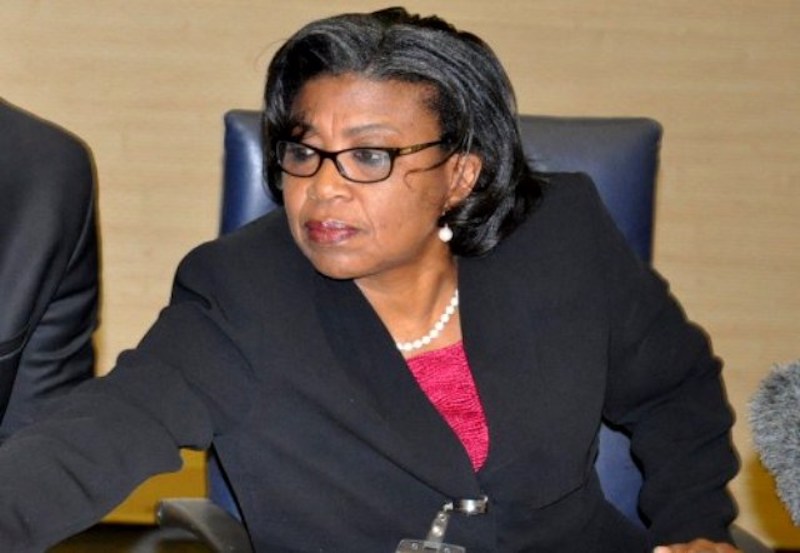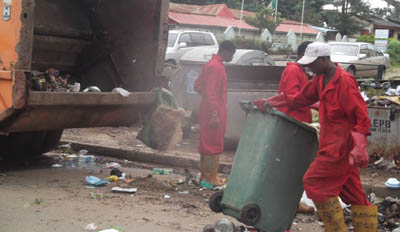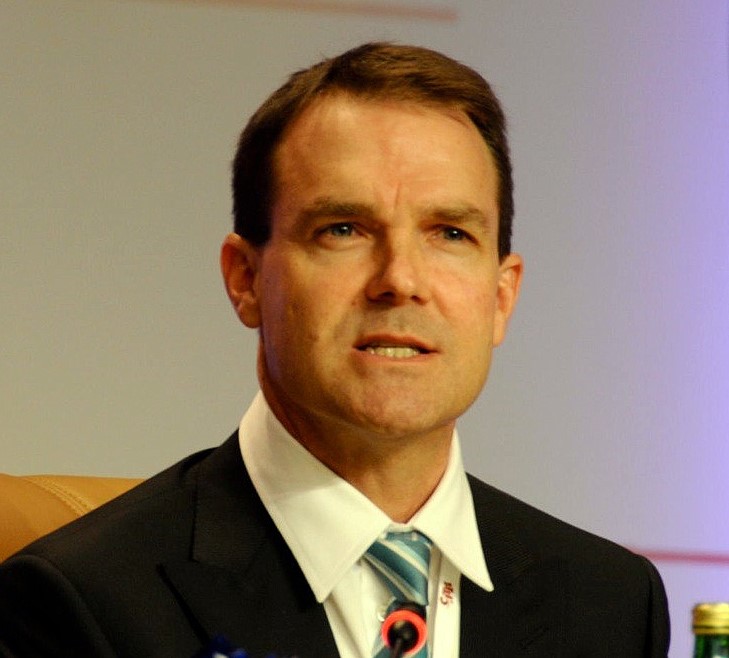At the One Planet Summit convened recently in Paris by President Emmanuel Macron of France, United Nations Secretary General Antonio Guterres, and World Bank Group President Jim Yong Kim, the World Bank Group made a number of new announcements, inclusive is the fact that it will no longer finance upstream oil and gas, after 2019.

The group stated however that, in exceptional circumstances, consideration will be given to financing upstream gas in the poorest countries where there is a clear benefit in terms of energy access for the poor and the project fits within the countries’ Paris Agreement commitments.
According to the World Bank, the declarations were made in line with its ongoing support to developing countries for the effective implementation of the Paris Agreement’s goals.
As a global multilateral development institution, the World Bank Group (WBG) says it is continuing to transform its own operations in recognition of a rapidly changing world, and to align its support to countries to meet their Paris goals.
Ramping up WBG climate ambition through its Climate Change Action Plan
The WBG says it is on track to meet its target of 28% of its lending going to climate action by 2020 and to meeting the goals of its Climate Change Action Plan – developed following the Paris Agreement.
In line with countries submitting updated and potentially more ambitious Nationally Determined Contributions (NDCs), the World Bank Group notes that it will present a stock-take of its Climate Change Action Plan and announce new commitments and targets beyond 2020 at COP24 in Poland in 2018.
Transparency and disclosure to drive our own decarbonisation
The World Bank Group is working hard to ensure that climate accountability is mainstreamed throughout its operations. In addition to measures already in place:
- Starting next year, the World Bank Group will report greenhouse gas emissions from the investment projects it finances in key emissions-producing sectors, such as energy. The results will be published in late 2018, and annually thereafter.
- The World Bank will be applying a shadow price on carbon in the economic analysis of all IBRD/IDA projects in key high-emitting sectors where design has begun since July 2017. IFC started using carbon pricing in key sectors in January 2017 and will mainstream the same starting January 2018.
Mobilising Finance for transformation in mitigation and climate resilience
To accelerate the mobilisation of finance:
- IFC will invest up to $325 million in the Green Cornerstone Bond Fund, a partnership with Amundi, to create the largest ever green-bond fund dedicated to emerging markets. This is a $2 billion initiative aiming to deepen local capital markets, and expand and unlock private funding for climate-related projects. The fund is already subscribed at over $1 billion.
- Last week, the World Bank and the Government of Egypt signed a $1.15 billion development policy loan aimed at reducing fossil fuel subsidies and creating the environment for low-carbon energy development.
- The World Bank Group will continue to support investments highlighted at the One Planet Summit which demonstrate opportunities to crowd in different kinds of finance in transformational areas. This includes accelerating energy efficiency in India; scaling up solar energy in Ethiopia, Pakistan and Senegal among other countries; establishing a West Africa Coastal Areas investment platform to build resilience for coastlines of West African countries (partnering with WAEMU, NDF, GEF, GFDRR, AFD, AfDB); and introducing the City Resilience Platform (partnering with the Global Covenant of Mayors) so that up to 500 cities will have access to finance for resilience to climate change.
- The World Bank Group will continue to work with the United Nations and other partners on the implementation of the Invest4Climate platform, which will systematically crowd in multiple sources of finance, with a major event showcasing investment opportunities planned for May 2018 at the Innovate4Climate conference in Frankfurt.
- IFC will work to set a single unifying global standard on green bonds, similar to the Equator Principles, as a means to facilitate the development of the green bond market to crowd in private finance into climate business. And to stimulate the greening of the financial sector, the World Bank Group will partner with the Sustainable Banking Network (SBN) to provide technical support to develop and implement national Roadmaps for Sustainable Finance in six countries. These roadmaps are based on a framework developed jointly with UN Environment.
- AXA Managed Co-Lending Portfolio Program (MCPP) will allocate a substantial portion of projects to climate-smart infrastructure investments. IFC and Finland launched the Finland-IFC Climate Change Programme, a €114 million returnable capital contribution to spur private sector financing for climate-change solutions,targeting low-income countries focused on investments in renewable energy, energy efficiency, green buildings, climate-smart agriculture, and forestry.
Working in partnership
To further accelerate climate action, the World Bank Group will be working with various partners to deepen climate action:
- For the first time, all the Multilateral Development Banks and all International Development Finance Club Members issued a joint statement aligning their finance with the Paris Agreement and identifying areas where they will work together to advance climate-smart development.
- Canada and the World Bank will work together to accelerate the energy transition in developing countries and, together with the International Trade Union Confederation, will provide analysis to support efforts towards a just transition away from coal.
- Working with France’s AFD and the Kingdom of Morocco, the World Bank will work to accelerate adaptation in agriculture for Africa.
- The World Bank will support a unique partnership between Caribbean leaders and people, multilateral organisations, and local and international private sector to define a vision for the world’s first climate-smart zone. The key priority areas for action include renewable energy, resilient infrastructure, innovative financing, and capacity building.
- The World Bank Group will support, through the Carbon Pricing Leadership Coalition, the proposed Carbon Markets of the Americas initiative.
- Together with Ethiopia, Fiji, Germany, the United Kingdom and other government, NGO and private sector partners so far, the World Bank will support the new InsuResilience Global Partnership with the goal of significantly scaling up climate risk finance and insurance solutions in developing countries, with a focus on poor and vulnerable people. It will stimulate the creation of effective climate risk insurance markets and the smart use of insurance-related schemes to protect lives and livelihoods from the impacts of disasters. More than $125 million has been committed to the initiative so far. It is built on strong G20 and V20 support and has 40 members so far.
- The Principles on Blended Concessional Finance, first published in 2013, have been recently enhanced with more detailed guidelines developed by a working group (chaired by IFC) representing Development Finance Initiatives (DFIs) that annually invest more than $35 billion a year in private sector solutions. These principles include promoting commercially sustainable solutions so that the use of scarce public concessional finance is minimised; and state the need for high social, environmental, and governance standards.

